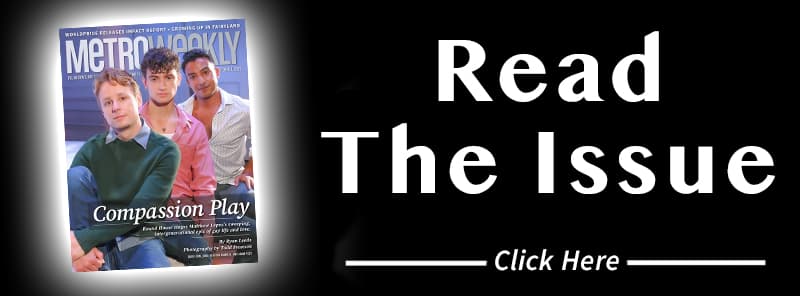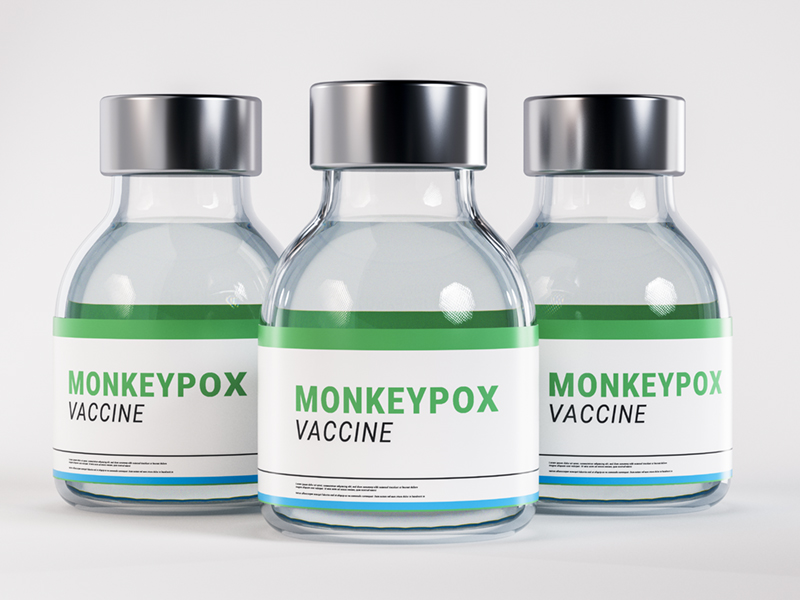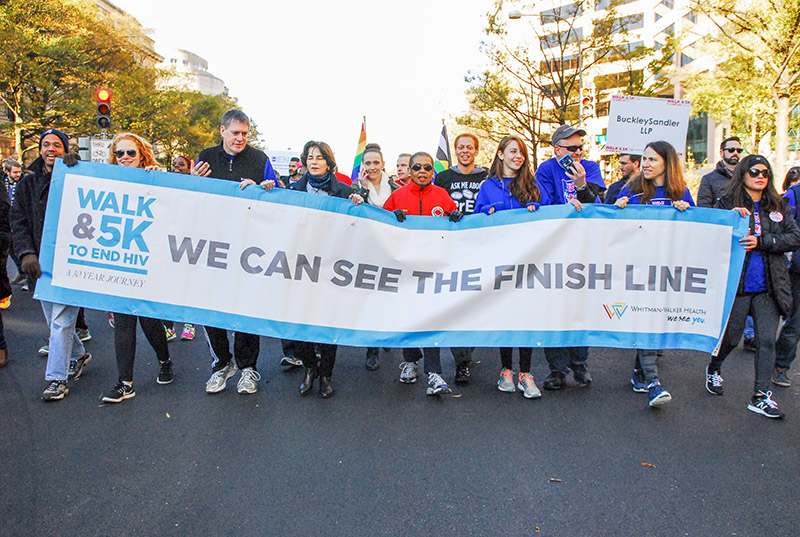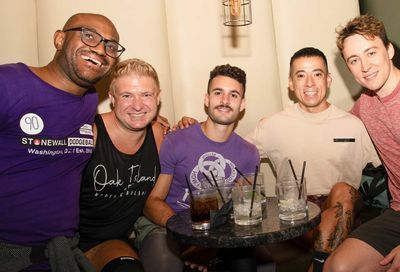Maryland Ends HIV Criminalization in LGBTQ Rights Win
Governor Wes Moore signs the Carlton R. Smith Act, making Maryland the fifth state to decriminalize HIV and advance LGBTQ health equity.

Last week, Maryland Governor Wes Moore signed a bill repealing the state’s antiquated HIV criminalization law.
Under the now-repealed law, a person with HIV who engaged in sexual conduct that could potentially result in the transmission of HIV could be prosecuted for “knowingly” attempting to infect others.
The penalty was a fine of up to $2,500 and a prison sentence of up to three years.
There was no “gray” area, such as taking into account a person’s undetectable status — making it harder to transmit the virus — or whether the person used a condom or other protective barrier, which also reduced the chance of transmission.
While the statute referred to “knowingly” transferring or attempting to transfer HIV, many people who are HIV-positive and are not yet in treatment are unaware of their status.
However, because the law was so stringent, any overzealous prosecutor could claim that the person with HIV was aware of their status or had acted with “reckless disregard” for the welfare of others. It was nearly impossible for the defendant to rebut that presumption.
The new law, known as the Carlton R. Smith Act — named after a recently deceased HIV survivor and longtime LGBTQ activist, who was known as the “mayor” of Baltimore City’s Mount Vernon “gayborhood” — was introduced by State Delegate Kris Fair (D-Frederick Co.).
With the Democratic governor’s signature, Maryland becomes the fifth state in America to decriminalize HIV. It’s also the second in recent months: In March, North Dakota Republican Gov. Kelly Armstrong signed a decriminalization bill into law.
According to the Center for HIV Law and Policy, 32 states have laws of some kind that either specifically criminalize HIV, or make spreading or exposing someone to a “communicable disease” a prosecutable offense.
Some states even force people convicted under such laws to register as “sex offenders,” equating them to rapists and child molesters.
Due to the outdated nature of such laws — passed during the height of the AIDS epidemic — and more recent advances in detecting, treating, and preventing HIV transmission, many activists and celebrities, such as TV personality Andy Cohen, have called for the repeal of such laws.
Additionally, many advocates note that decriminalizing HIV would have a positive effect on public health, allowing more people to get tested and know their status, thereby allowing them to take steps to avoid transmission.
From 2000 to 2020, there were at least 104 cases, involving at least 148 separate charges for “knowingly transferring HIV to another” in Maryland.
The Williams Institute, an LGBTQ policy think tank, noted in a 2024 analysis that the law was unevenly enforced, based both on geography and on the sex and race of the alleged offender. For example, 7 in 10 prosecutions under the law occurred in only three jurisdictions: Baltimore City, Montgomery County, and Prince George’s County.
Men made up 86% of those prosecuted under the law, while Black people comprised 82% of those prosecuted. Black men, in particular, accounted for 68% of HIV-related arrests, despite comprising only 14% of the state’s population and 44% of people in the state who are currently living with HIV.
FreeState Justice, an LGBTQ advocacy group, praised the repeal of the criminalization statute.
“The bipartisan support for the Carlton R. Smith Act is a testament to the power of education, research, and courageous leadership,” Executive Director Phillip Westry said in a statement. “It sends a clear message: Maryland is committed to evidence-based policymaking and to ending the criminalization of people living with HIV. We honor the memory of Carlton R. Smith by continuing the work of building a more just, inclusive, and informed society.”
Support Metro Weekly’s Journalism
These are challenging times for news organizations. And yet it’s crucial we stay active and provide vital resources and information to both our local readers and the world. So won’t you please take a moment and consider supporting Metro Weekly with a membership? For as little as $5 a month, you can help ensure Metro Weekly magazine and MetroWeekly.com remain free, viable resources as we provide the best, most diverse, culturally-resonant LGBTQ coverage in both the D.C. region and around the world. Memberships come with exclusive perks and discounts, your own personal digital delivery of each week’s magazine (and an archive), access to our Member's Lounge when it launches this fall, and exclusive members-only items like Metro Weekly Membership Mugs and Tote Bags! Check out all our membership levels here and please join us today!





























You must be logged in to post a comment.